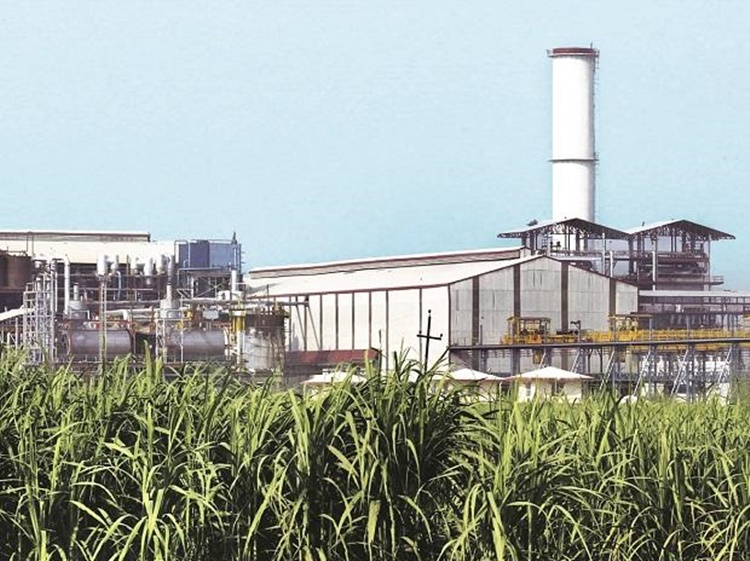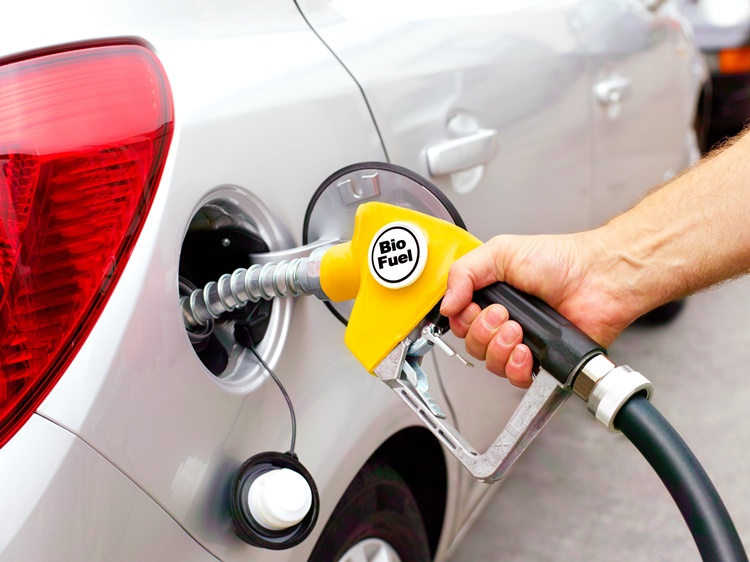The Indian government has lately been having advanced discussions on alternate and greener sources of fuel, and apart from electromobility, there have also been talks about ethanol blending in petrol/diesel. The government had previously set a target of achieving 10% ethanol-blending in petrol/diesel (10% ethanol mixed with 90% petrol/diesel) by 2022, which would have been increased to 20% by 2030. Earlier this year, the government brought forward the target of a 20% blend to 2025.

Now, with an accelerated push towards greener fuels, the central government on Wednesday has once again advanced the target of 20% ethanol blending in fuel by two years. As per the government notification, the increased ethanol blending will be applicable from April 2023. The oil ministry said in a gazette notification said,
"The Central Government hereby directs that the oil companies shall sell ethanol-blended petrol with a percentage of ethanol up to 20 per cent as per the Bureau of Indian Standards specifications, in the whole of the States and union territories. This Notification shall come into force with effect from the 1st April 2023".
Also Read : Taxes You Pay On a Litre of Petrol/Diesel - Fuel Price Breakup Explained
What are its implications?
Looking at the positives first, this move will greatly reduce the country's dependence on costly oil imports. India is currently the third-largest oil importer in the world, with over 85% of our fuel demands being met by imports from foreign countries. To this effect, earlier this week, the government also made some changes on rules for companies to set up standalone ethanol production units, with the aim to facilitate these projects as well.

The primary source of ethanol will be the sugarcane processing industry. To meet the target of 10% ethanol-blended fuel by 2022, we need as much as 4 billion litres of ethanol. To achieve 20% ethanol-blended fuel, by whatever timeline, we will need 10 billion litres of ethanol. As most of the additional ethanol demand will be met by the sugarcane processing industry, there will likely be less cane that will be used to make sugar. So the sugar industry will be diverting 6 million tonnes of surplus sugar to produce 7 billion litres of ethanol. The rest will be produced from excess grain.
But what about its effect on the Indian auto industry?
While government policies have their own place, this may not always be in the best interest of the auto industry. The Indian auto industry has been suffering from quite a few setbacks lately, starting with the transition to BS6 norms, which has been a huge challenge for every automaker due to the huge investments involved. The complications have been further aggravated by the pandemic and resulting lockdowns, making operations extremely difficult. Global supply chains have been disrupted, further adding to the problems. Also, the tax structures haven't been the most favourable for automakers either. All this have also driven up the costs for manufacturers and customers alike.

With ethanol-blended fuel, many automakers will have to make significant changes to existing engines, which will again call for development costs and that too, within a very short period of time. What the Indian auto industry really needs is some stability and some time to recover from ongoing setbacks. The auto industry is one largest contributor to revenues in the country and it really needs support from the government at this hour.
This will be yet another tormenting process for automakers trying to adapt to ill-planned policies. Yes, we need to take such steps to achieve a greener footprint. but this certainly is not the right time for that. The government should consider rethinking its policies in favour of the auto industry. After all, in the end, customers too will have to bear the brunt of the situation.
Stay tuned to IndianAutosBlog.com for more such updates and other four-wheeler news.












